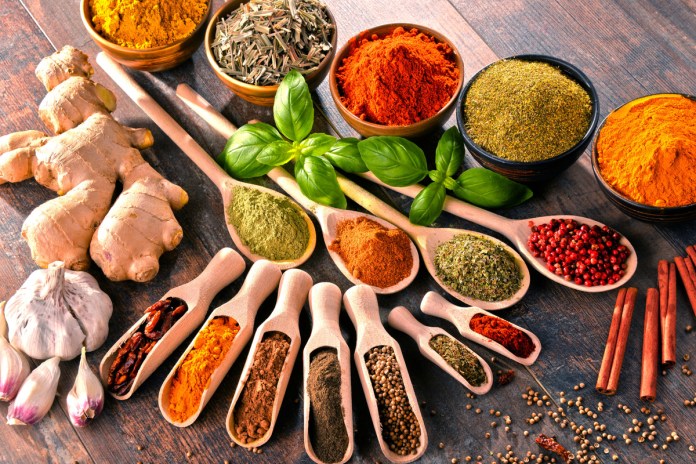The monsoon season has been going on since quite a while and we couldn’t be more happy for the weather turning simply dreamy! But monsoon also means that we have to be extra careful to take care of our diet and health. This is the season when infections spread quickly and foods go bad overnight. So what you eat in this season is really important. So, to help you out, we got in touch with Dr. Deepika Malik, a practising Ayurvedic doctor and nutritionist in Delhi-NCR. She is the director of Dr. Deepika’s Wellness clinic and has 15+ years of experience in the field. And she answered all our diet-related queries for the monsoon season!

Hi doctor. What diet would you suggest one should take in the humid monsoon months to keep fit and stay away from infections?
To keep yourself fit take lots of vitamin C in the form of fresh citrus fruit or grapefruit juice to stay away from infections. As this weather is humid, try to start your day with warm Mulethi water. What you can do is, boil a small piece of Mulethi in water and drink it while it’s hot. It helps the digestive system a lot.

Since the food tends to go bad & infections spread faster in this season, what are the precautions one could take to stay away from diseases?
As food gets bad sooner, try to cook small portions and eat fresh. Wash vegetables in warm salted water before cooking. Wash your hands with soap, every time you handle food. Maintaining basic hygiene can go a long way in keeping infections at bay during the monsoon season.

And what foods to avoid in this season?
Avoid raw food or salads outside as they are pre-cut and kept for longer, there are chances of bacteria breeding. Avoid street food like chat/papri/bhel and golgappas especially to keep stomach infection at bay. In the rainy season due to water contamination, there are more chances of getting typhoid fever, so make sure you have clean drinking water.
Got it. So, cooking oil has always been a topic of debate. Which cooking oil do you think is better, especially in monsoons?
In the rainy season, The Vata or air factor is vitiated. To pacify Vata, mustard oil is a good choice for the rainy season.

Does this season also tend to have some effect on our metabolism? What kind of diet should be taken in such a scenario to speed it up?
Metabolism slows down in rainy season. To rev up the metabolism have a small number of meals, eat up to 3/4 of your stomach capacity. Eat a few strands of grated raw ginger sprinkled with lime juice and rock salt -15 minutes prior to your meal. Also, avoid salads for dinner as it leads to water retention. Stay active even if you have to do indoor exercises in the rainy season.

What are some superfoods you feel could help boost our immunity and protect us against infections in monsoon?
Vitamin C is good to boost immunity, one amla every day is sufficient for our daily vitamin C requirement. Amla can be added to soup or chutney or can be taken as murabba. Fresh citrus juice can be taken. Add green leafy vegetables to the diet, as they are loaded with vitamins and boost immunity. But make sure, you wash them well.

What’s your take on a non-vegetarian diet during the rainy season?
In rainy season if non-vegetarian food kept out, its prolonged exposure to air and can cause bacteria breeding. So, it’s important to cook it faster and consume fresh. Rains are breeding season for fish, so better avoid fish in the rainy season.
What is the relation between what we eat and our skin’s health? What diet should be taken to avoid acne and keep our skin healthy during monsoon?

We are what we eat, it’s an age-old adage. So if we eat healthy food, it shows on our skin, but it takes a long practice of healthy eating to show the results. To keep your skin healthy during the rainy season, follow a routine of -CTM-cleaning and toning and use a light moisturizer. Include bananas, avocados, citrus fruit and coconut water in your daily diet to get that glow and avoid fried food and junk food if you want to stay away from acne.
Also, can you tell us about any superfoods which are helpful in monsoon months?

Image Source: Stylecraze 
Image Source: NDTV Foods
In monsoon months –ginger, raw haldi, and mulethi are superfoods to keep away the infections. Try hot ginger or raw haldi boiled in water and drink hot with little honey added to it. You can have almonds, walnuts and some dried figs along with fruits like pear, apple, plums or peaches in the rainy season.
We hope you got some great insights from our informative conversation with Dr Deepika Malik. Let us know your thoughts in the comments below!
(Featured Image Source: ayushveda)




